After the easy breezy days of summer come shorter days and darker nights and plenty to do on our list to keep up with. With the non-stop work load and increasing demands on your time it is easy to drop the ball, so no time like now to eat right to ensure optimum brain power. Make sure you stock up on the following to keep going through winter.

Water
The all-rounder that is good for your skin, digestion, immunity, energy levels and weight loss. And it can support your brain too! New research from American Journal of Clinical Nutrition has found that water is the answer to memory loss. The study shows that even being slightly dehydrated can impair attention and short-term memory.
Shona Wilkinson, nutritionist at SuperfoodUK.com, explains: “Water is important for our brain to function well. When we are dehydrated we often get headaches and feel tired. Severe dehydration can lead to becoming confused and even having hallucinations”
If you struggle to drink the recommended 2 litres a day, fear not. There are ways yet to up your water intake adding some fresh fruit like blueberries or strawberries, a few slices of cucumber, or some lemon and mint.
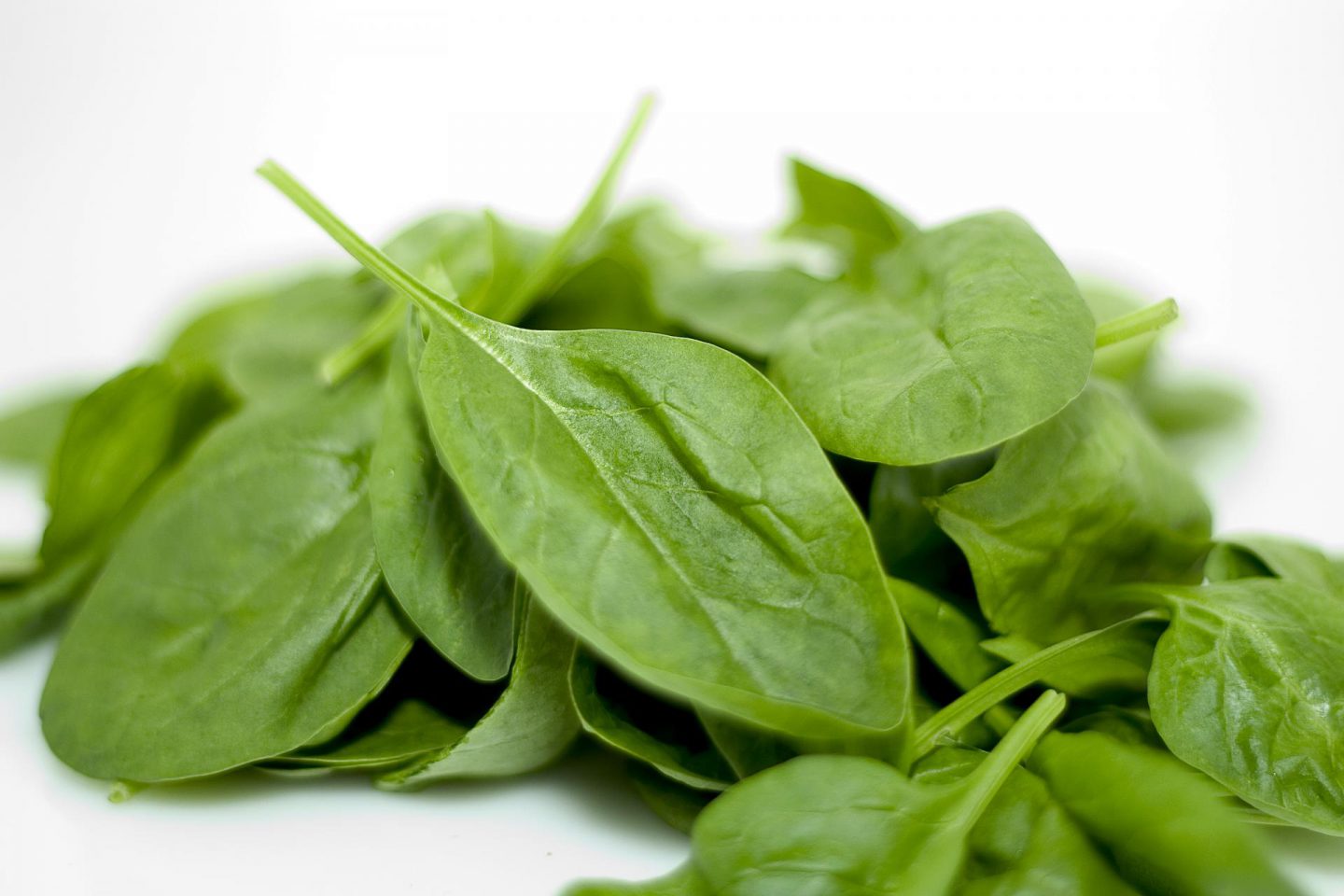
Spinach
Popeye made us all learn that spinach is good for our muscles, but there is more to this mean green memory-building veggie.
Dr Marilyn Glenville, the UK’s leading nutritionist and author of Natural Alternatives to Sugar, explains: “Spinach is a good source of folic acid and vitamin C, both of which are needed for the production of neurotransmitters in the brain. Like other green vegetables, it is also a source of chlorophyll, which may favour the absorption of iron and promote red blood cell growth, to improve oxygen transport around the body and to the brain”.
Nutritionist, Cassandra Barns adds, “Like spinach, asparagus contains good levels of folic acid, needed for production of neurotransmitters and also for building healthy red blood cells to transport oxygen to the tissues and the brain. It also contains flavonoids and carotenoids, which can act as antioxidants, protecting against free radical damage”.
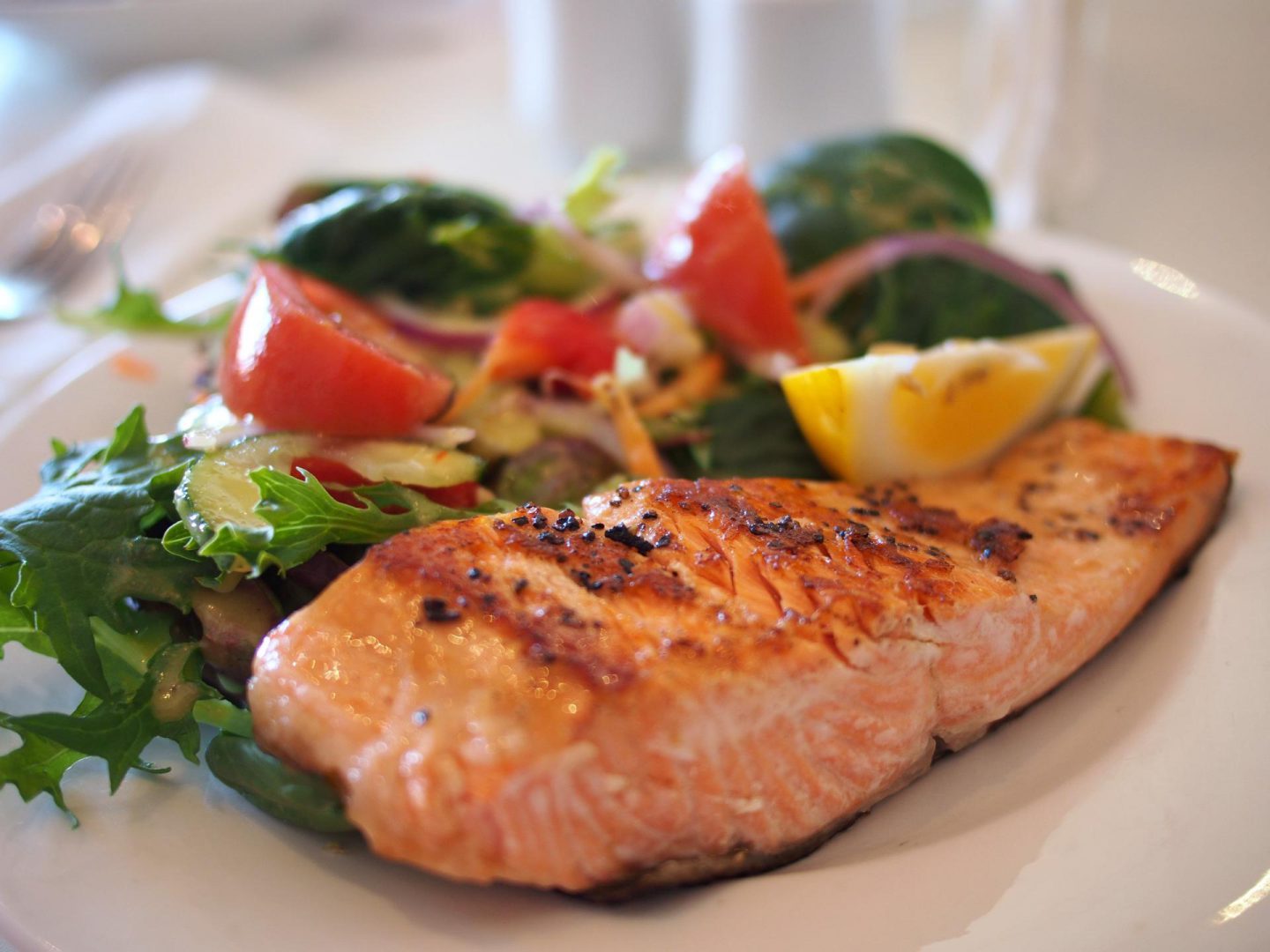
Fish
Studies have shown that following a Mediterranean diet, which includes lots of fish, is incredibly beneficial for the memory and cognitive functioning.
Lily Soutter, nutritionist and weight loss expert at www.lilysoutternutrition.com, says, “Fat is one of the most crucial molecules that determines your brain’s integrity and ability to perform. Choose wild salmon, tuna, mackerel, herring and sardines”
If you feel like you need to boost your Omega 3s, you can always take a supplement, as Marilyn explains: “Supplements of Omega 3 fish oils can also be helpful as DHA one of the major Omega 3 fatty acid in the brain seems to have the most protective effect against Alzheimer’s. The DHA in Omega 3 fatty acids helps to prevent the plaque forming in the brain which is present in Alzheimer’s.”
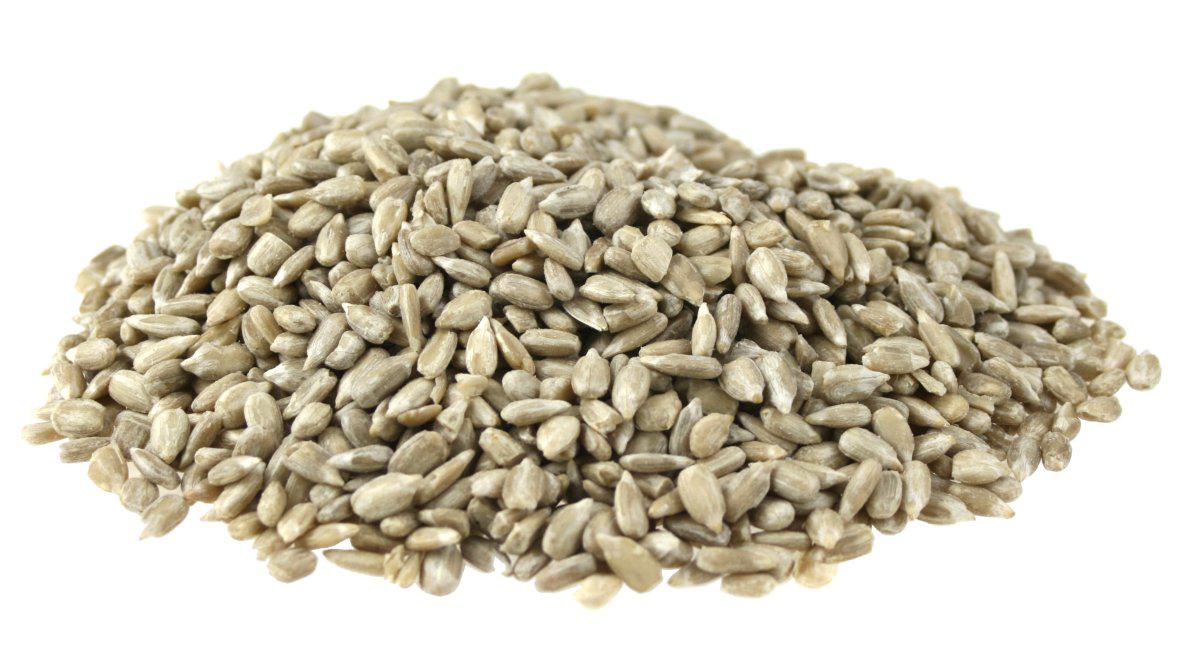
Sunflower Seeds
Bursting with vitamin E and B, and like nearly all seeds, sunflower seeds are a great source of healthy fatty acids. “Flaxseeds contain ALA (Alpha linoleic acid), a ‘healthy fat’ that improves the function of the cerebral cortex, an area of the brain associated with motor skills and spatial awareness. Try adding a tablespoon to your smoothies or stirring into yogurts,” explains Shona Wilkinson.
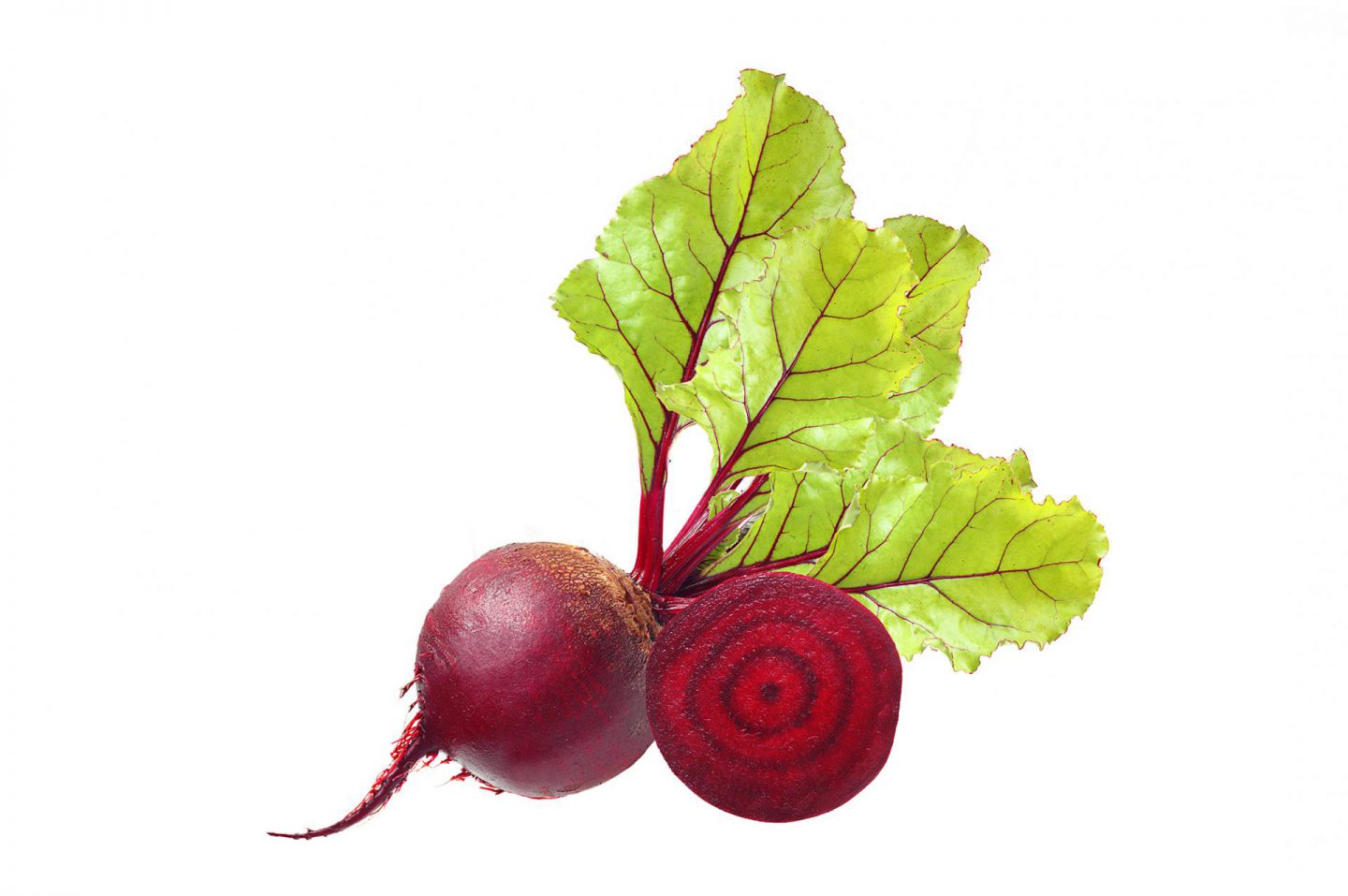
Beetroot
In the same family as spinach, beetroot is full of calcium, vitamins A and C as well as nitrates, and is an excellent food packed full of natural nitrates which are thought to increase blood flow to the brain and help with focus and performance. You can use beetroot in your cooking as much as possible, as well as adding it to smoothies or having it as a juice.
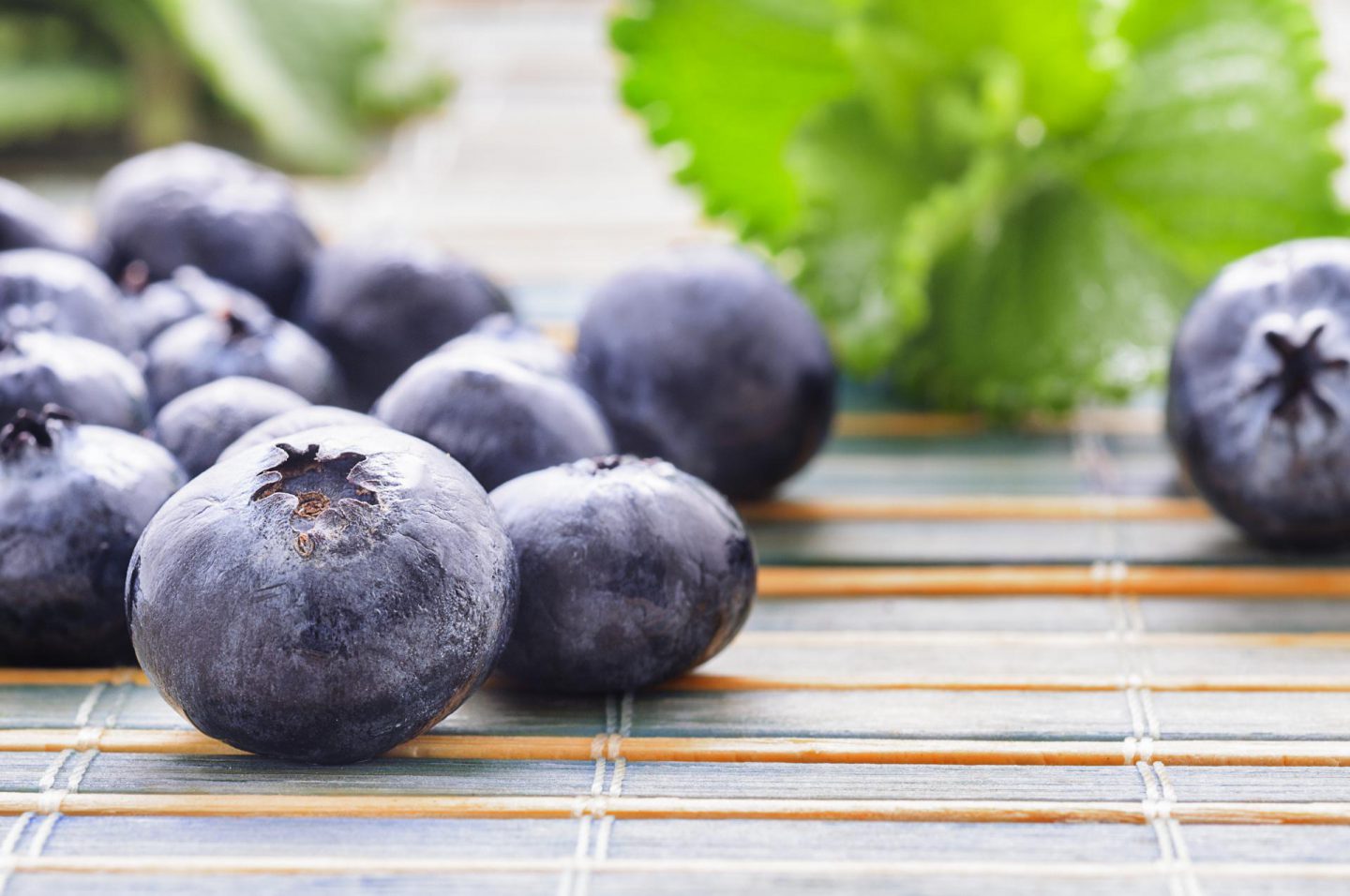
Berries
For a tasty brain booster, look no further than berries. “Blueberry may boost learning and memory due to the high levels of flavonoids, in particular anthyocyanins – these are thought to protect against oxidative stress (free radical damage) in the brain,” says Cassandra Barns.
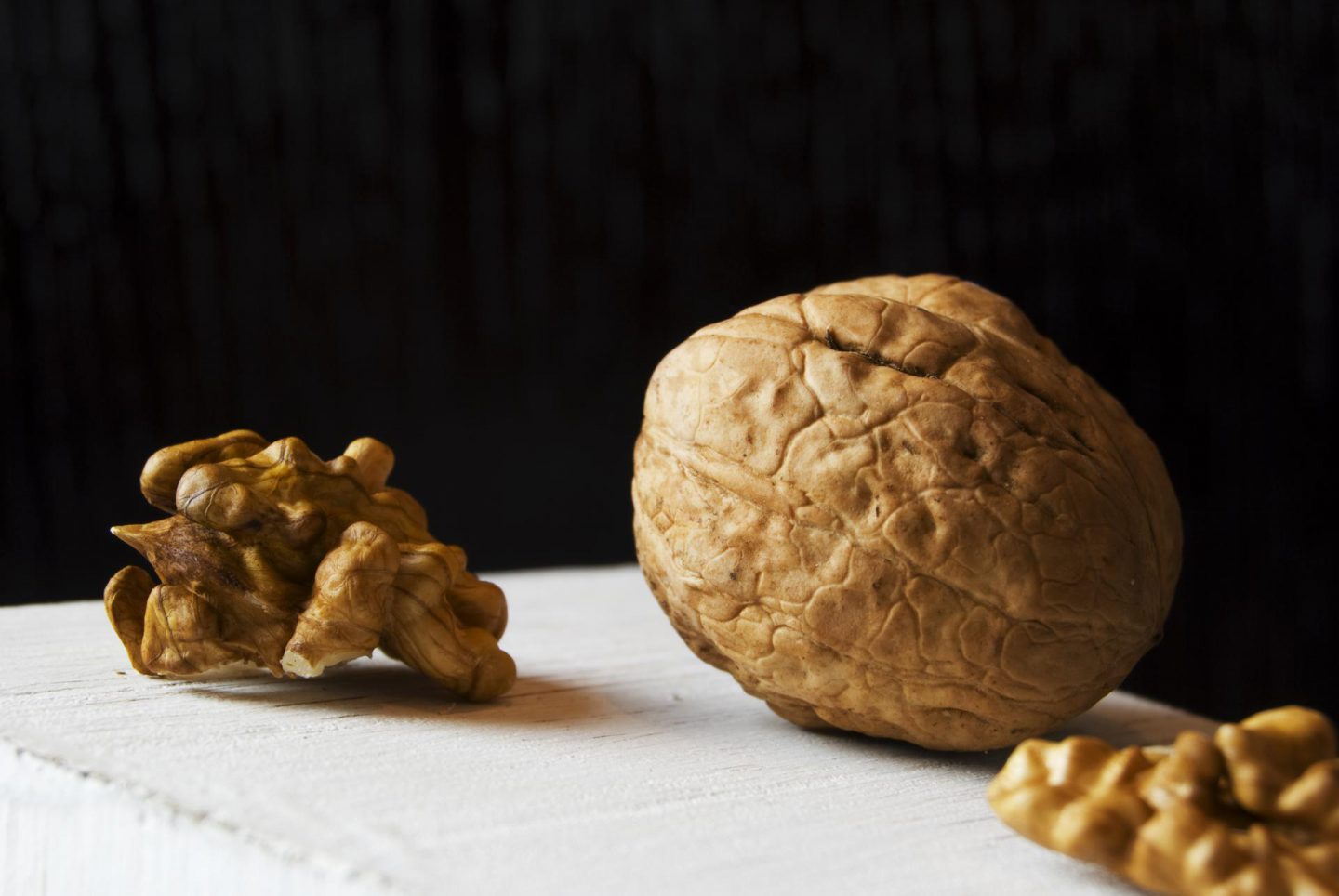
Walnuts
Rich in anti-oxidants and full of anti-inflammatory properties, walnuts are so good for your brain they even look a bit like them!
“Walnuts are rich in polyunsaturated omega 6 and omega 3 fatty acids,” says Dr Glenville, “These components of our cell membranes make up a significant part of the grey matter of the brain. Walnuts are also a good source of magnesium, which has an important role in healthy functioning of the nervous system.”
Lily Soutter adds: “These are great for lowering a harmful chemical within the body called homocysteine, which has been associated with memory loss.”
So there you have it; both tasty and brain-boosting, seven items you must have on the menu this and every season.